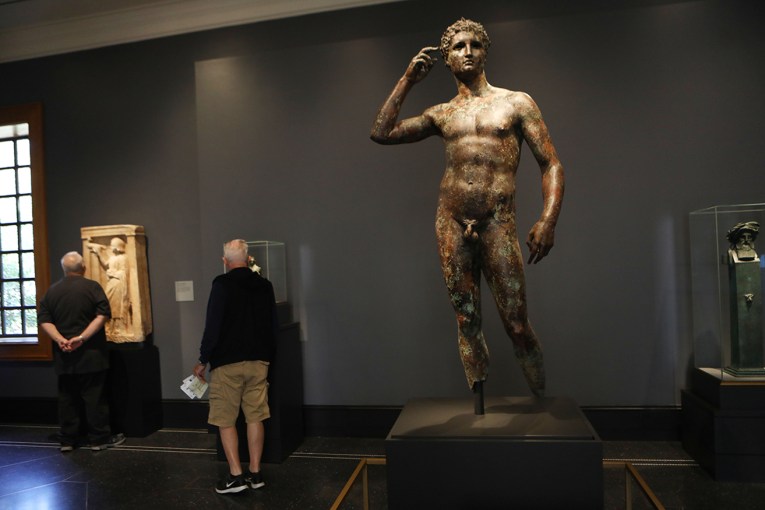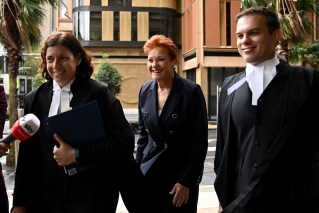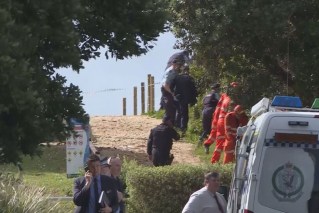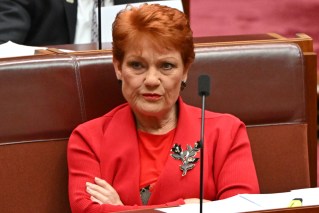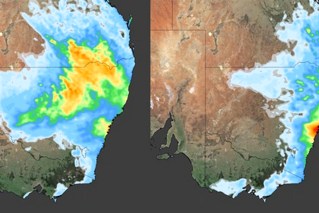Paul Bongiorno: Clever thinking on border management emerges, but the risks are still real
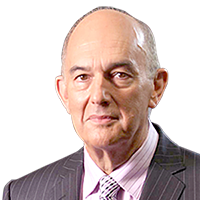
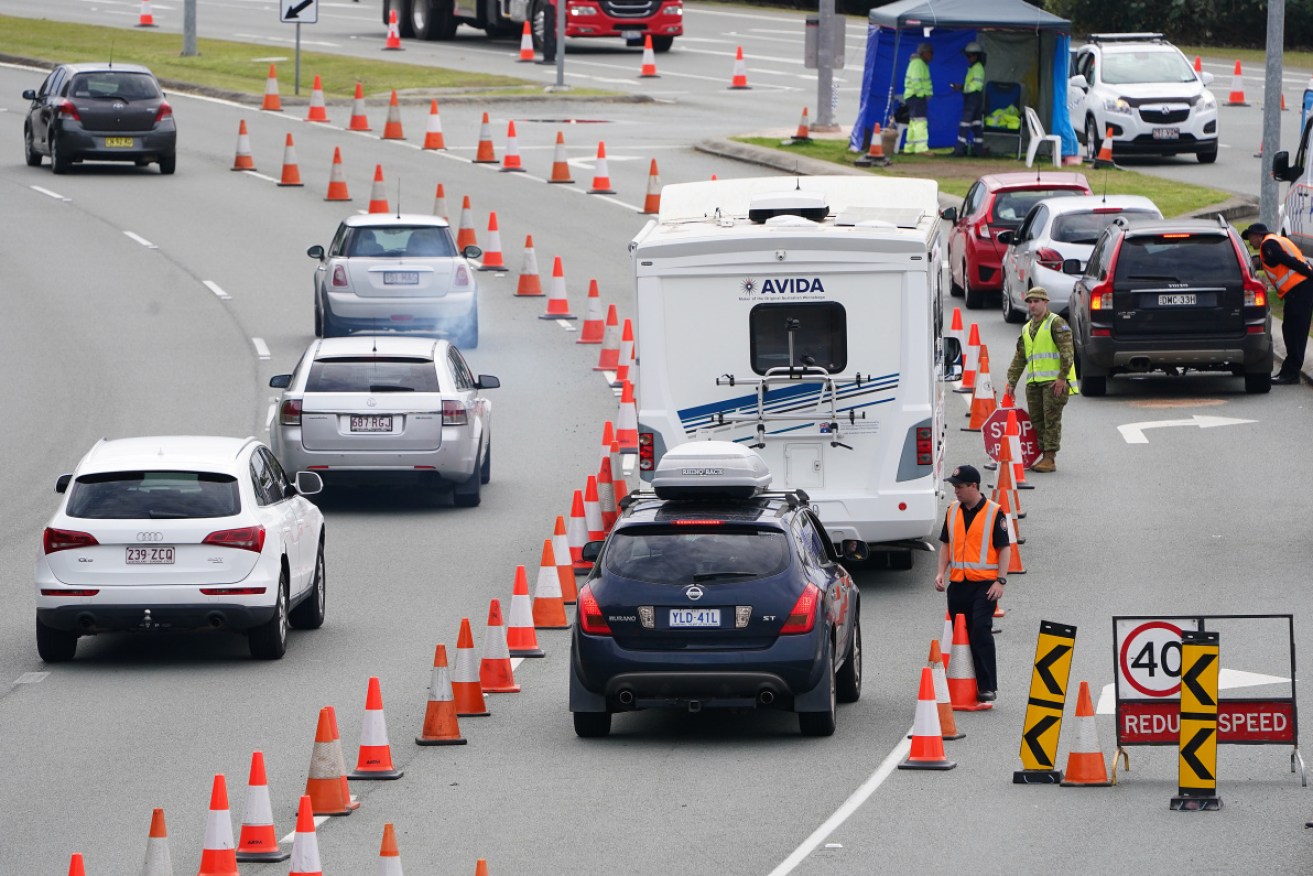
Queensland wants to see the final analysis of suppression measures before reopening its borders. Photo: AAP
After weeks of railing against state border closures, the federal government has parted company with some of its most ardent business backers.
The Australian Industry Group, the Australian Chamber of Commerce and Industry and Qantas, among others, have been leading the charge for open borders.
In the hybrid question time of members virtually and actually present in Parliament, the Prime Minister squarely faced up to the threat posed by COVID-19 infections running out of control.
Scott Morrison told the independent Member for Indi Helen Haines, whose north-eastern Victorian electorate borders New South Wales, that borders “in principle in a federation is not a good idea”.
But if Dr Haines was looking for more immediate relief from the “confusion and despair” the border closure had caused in “upending the lives of thousands of people”, she didn’t quite get it.
While the initial COVID response was mostly focused on issues, it is now unseemly political-border closures; blame games on quarantine, aged care and economic stimulus; protecting ministerial incompetence; recovery payoffs to mates etc. Where is the National Interest?
— John Hewson (@JohnRHewson) August 22, 2020
“Border closures” Mr Morrison said “should only be applied when the health advice absolutely demands it” and he along with the two premiers agreed this was indeed “regrettably” the case in this instance.
The PM said he had made direct representations to NSW to extend the 100-kilometre zone into Victoria for “important job opportunities” and “medical care”.
Mr Morrison said he had similarly approached South Australian Premier Steven Marshall to allow Victorians close to his border to access medical care in his state.
The first real test at the ballot box on the weekend in the Northern Territory general election is as strong an indication as any that a majority of Australians are very concerned by the real risks the virus poses.
The return of the Gunner Labor government after it campaigned almost exclusively on its “hard border” policy keeping “Territorians safe” is an outcome others won’t ignore.

Queensland Premier Annastacia Palaszczuk will be mindful of border controls before October’s election. Photo: ABC
Indeed it can only steel Queensland’s Annastacia Palaszczuk’s resolve before her October appointment with the voters.
But this should not be confused with unthinking bloody mindedness for mere political advantage.
A charge levelled by three women entrepreneurs reported in The Australian.
Naomi Simpson is quoted slamming interstate border closures for being “reckless and dependent on fear-mongering spin”.
Labor’s federal president from Queensland, Wayne Swan, on the weekend tweeted that “border closures are driven by public opinion correctly informed by science”.
Media keeps buying the Morrison line State premier border closures are driven by electoral politics so he can excuse his own massive failures on jobs and age care.Border closures are driven by public opinion correctly informed by science #insiders
— Wayne Swan (@SwannyQLD) August 22, 2020
Agriculture Minister David Littleproud on Monday welcomed Queensland’s chief medical officer Dr Jeanette Young granting exemptions for cross-border farmers and workers to enter either state for animal welfare and agricultural supply chain purposes.
Mr Littleproud said this was a “practical” and “COVID-safe solution”.
We need to see more of this clever thinking.
But as Reserve Bank governor Philip Lowe never tires of repeating, any economic recovery will depend on how well we get on top of the pandemic.
Victoria’s second wave and clusters in Queensland, New Zealand and NSW are ample proof that shrill wishful thinking from business is simply not clever thinking.
On one level you can’t blame business – particularly the travel and tourism industries for wanting a return to business as usual – but we are a long way from what was usual.
Treasurer Josh Frydenberg spelled that out in almost lurid detail on Monday, forecasting among other things effective unemployment reaching 13 per cent in the months ahead.
Mr Frydenberg says “the formula for recovery is clear: Contain the virus, ease the restrictions and jobs come back”.
But not as fast as anyone wants.
The Prime Minister appears now to have accepted this and has stopped calling for our domestic borders to be reopened immediately, instead arguing for practical, piecemeal lifting of closures.
Ironically the toughest restrictions are in fact applied by the Commonwealth.
The federal government has banned Australians from leaving the country and Mr Morrison hasn’t provided a timetable for reopening the country’s borders.
It is as he told Parliament on Monday, there is no claim to infallibility, “we do not pretend to perfect information, foresight or results in this pandemic”.
Paul Bongiorno AM is a veteran of the Canberra Press Gallery, with 40 years’ experience covering Australian politics
